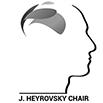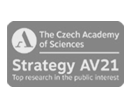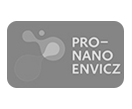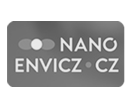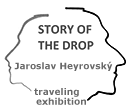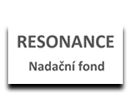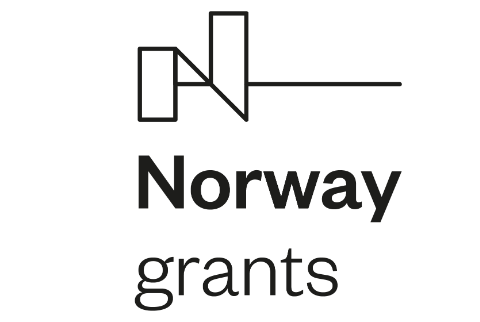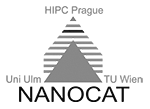Prof. Dr. Wolfgang E. Ernst: Mixed Metal Nanoparticles Created in Superfluid Helium Droplets
Mixed Metal Nanoparticles Created in Superfluid Helium Droplets
Nanocatalysis Department Seminar
Thursday, April 27, 2023, 10:00h
J. Heyrovský Institute, Brdička Lecture Hall
Wolfgang E. Ernst
Institute of Experimental Physics, Graz University of Technology, Austria
Abstract
Through aggregation inside superfluid helium droplets, metal nanoparticles and core-shell clusters of different morphology are generated and deposited on solid carbon, h-BN, ITO, or SiN substrates. The created nanoparticles are characterized by temperature dependent electron microscopy, up to 1000 degrees C, energy-dispersive x-ray spectroscopy, electron energy loss spectroscopy, photoemission electron microscopy and optical absorption. Our investigations include the stability of a passivation of Ni, Fe, and Co cores of 2 to 3 nm diameter by a few layers of gold and the alloy formation at high temperature. Ag@ZnO core@shell particles are studied by two-photon photoelectron spectroscopy. Upon excitation of the localized surface plasmon resonance in Ag at around 3 eV, plasmonic enhancement leads to a strong increase in electron emission when compared to pure ZnO clusters. Vanadium oxides represent a prominent materials class for catalytic applications. When deposited after clustering in helium, we have shown that V2 O5 nanoparticles keep the original stoichiometry. In combination with gold doping, Janus particles of Au and V2 O5 with radii of about 20 nm were identified.
Wolfgang E. Ernst is an Emeritus Professor of Physics at Graz University of Technology. He finished his PhD in physics at TU Hannover, Germany in 1977, pursued postdoctoral research at Rice University, Houston, Texas in 1978-79, and obtained his habilitation at Freie Universität Berlin, Germany in 1983. From 1990 to 2002 he held the position of a full professor at Penn State University, USA, after which he moved to TU Graz, Austria, where he served as Professor of Physics and Director of the Institute of Experimental Physics until 2019. Professor Ernst received the 1987 Physics Prize of the German Physical Society, the 1998 Penn State Faculty Scholar Medal, and in 2015 the Styrian Research Prize in Austria. He is an elected Fellow of the American Physical Society and the European Physical Society. His continuing research interests include fundamental aspects of the electronic and nuclear dynamics in molecules and at surfaces.







